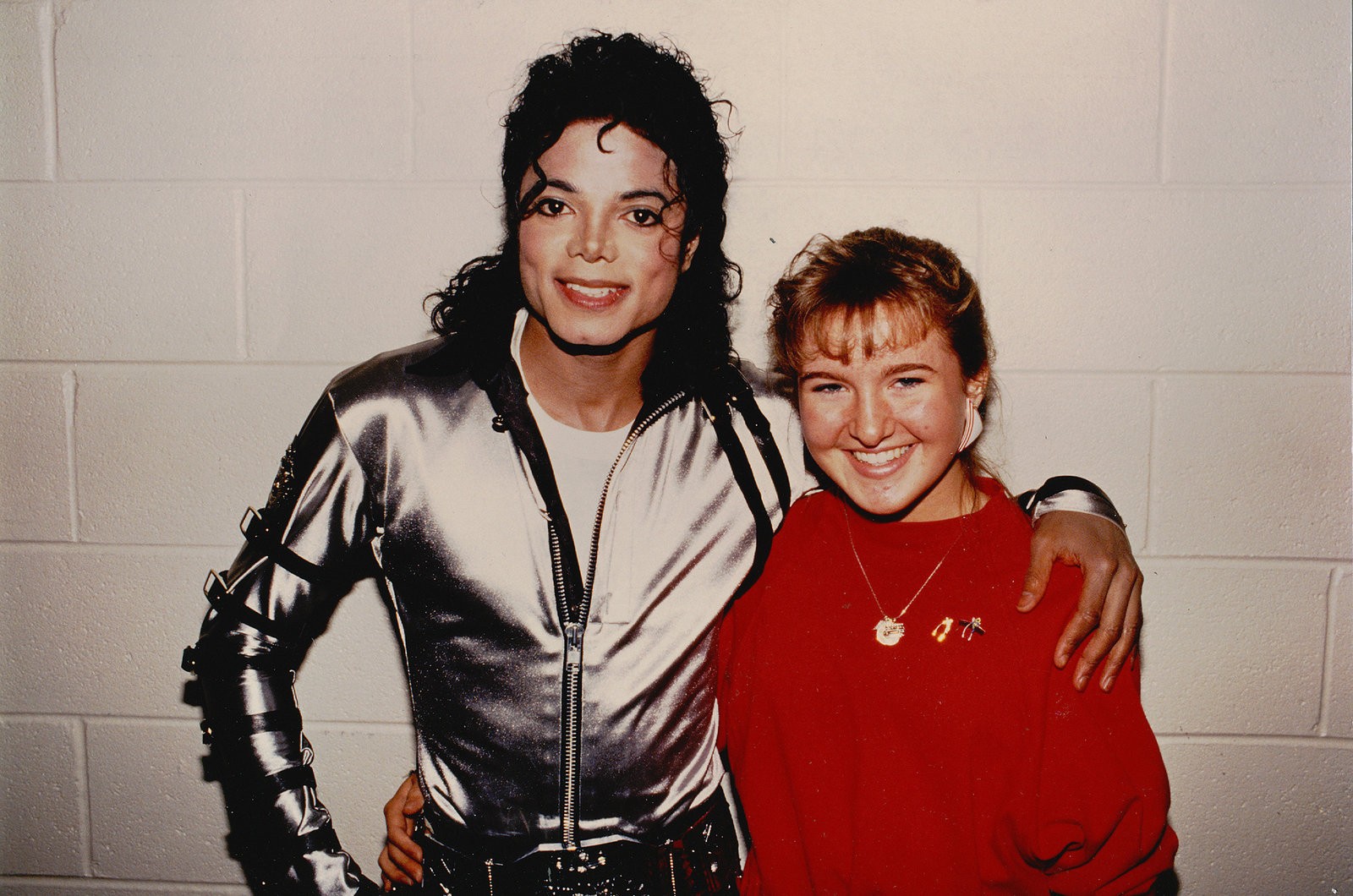NPR: How Do Wishes Granted To Very Sick Kids Affect Their Health?
By Tara Haelle
Tiffany Rowe, a 46-year-old life coach in the San Francisco Bay area, still remembers how it felt as a teenager to be hoisted onstage to dance with Michael Jackson during his Bad concert tour.
She was 15 and recovering from an excruciating round of treatment for severe idiopathic aplastic anemia — basically total bone marrow failure.
"I was in front of all of those people, and I could hear the roar, and I was calm," she recalls. "I was doing what I wished to do. I felt exactly the way I needed to feel, at home and confident in my body. There had been part of me that felt pretty betrayed by my body, and I felt very at peace in my own skin again."
The moment was transformative for Rowe, who credits the experience with aiding her recovery. A study published in the journal Pediatric Research suggests her experience may not be unique.
Researchers looked back at the cases of nearly 1,000 children with serious illnesses who were treated at Nationwide Children's Hospital in Columbus, Ohio. Half the children had received wishes and the other half hadn't.
"My hypothesis is that these kids, when they come back, are more engaged with their families and medical providers, and perhaps they're more adherent to their treatment plan," says the study's lead author Dr. Anup D. Patel, section chief of neurology at Nationwide Children's Hospital and an associate professor of pediatrics at Ohio State University College of Medicine in Columbus.
To qualify for a wish, a child must have a life-threatening, but not necessarily terminal, condition, says Jamie Sandys, a spokesperson at Make-A-Wish Foundation. The foundation has more than 60 U.S.-based chapters and has granted more than 300,000 wishes since 1980.
The organization granted approximately 15,400 wishes last year, Sandys says. Still, an estimated 27,000 children are diagnosed annually with an illness that qualifies them, which concerns Sandys. "There's a huge gap that we're trying to fill," Sandys says.
The researchers found that wish recipients were 1.9 times more likely to have fewer emergency department visits and 2.5 times more likely to have fewer unplanned hospitalizations in the two years after their wish was granted, compared with matched children.
The study is observational, so it can't show that receiving a wish caused better outcomes since other factors may have affected the results. But many health care providers see change in their patients after wishes are granted.
"More positivity can sometimes be correlated with treatment adherence," says Ashley Andrews, a social worker at Children's Mercy Hospital in Kansas City, Mo.
Read the full story via NPR
Learn more about Social Work at Children's Mercy

